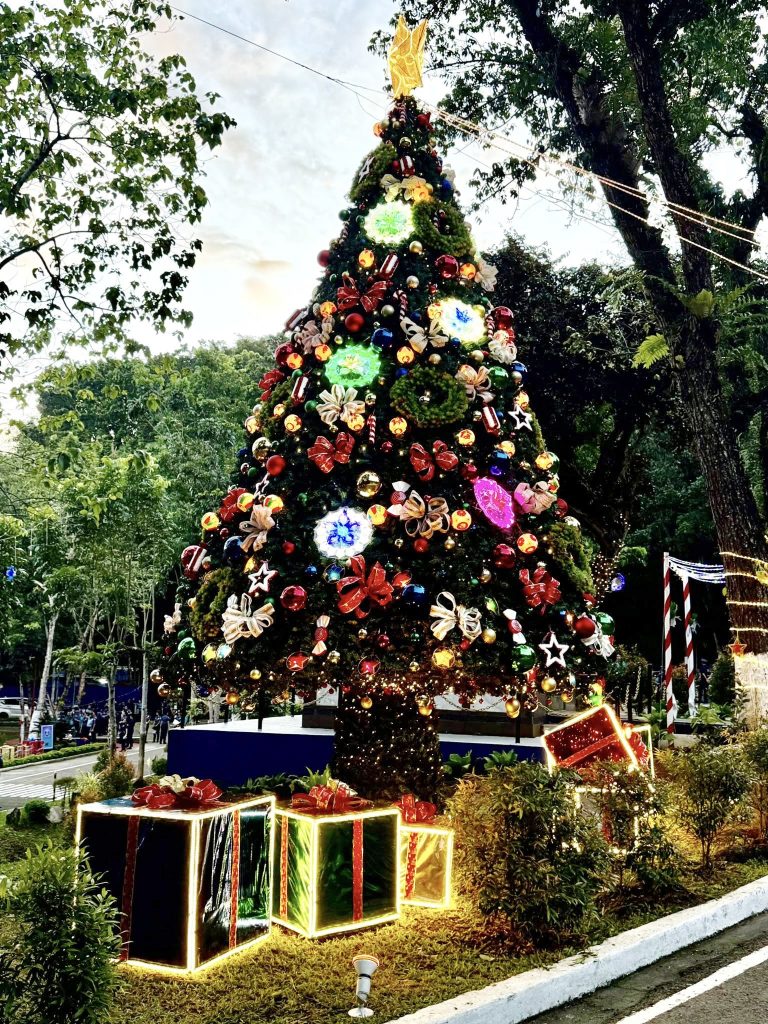
I was in a government office on an ordinary weekday when a department head walked in, announced that he was “too busy to stay,” and vanished again before his staff could even hand him the documents waiting for his signature. The employees exchanged tired glances, the kind that spoke of a routine they had long learned to endure. This is the kind of scene that keeps reminding me how leadership in this country has been reduced to a refuge for the lazy, and I refuse to pretend it’s acceptable.
In my own experiences dealing with agencies here, I’ve seen leadership become a ceremonial post rather than a working role. The higher the position, the lighter the workload seems to become, as if authority itself exempts one from the duty of actually knowing what to do. I find it disturbing that many of those given the title “head” possess no clear grasp of the operations entrusted to them. They sit like ornaments—expensive, useless, and gathering dust—while the backbone of the workplace, their subordinates, carry the weight of every deliverable. And yet these same leaders expect deference, as if their empty presence alone is a contribution.
What frustrates me further is how this culture has been normalized. I’ve watched rank-and-file workers scramble, draft, revise, present, troubleshoot, and polish projects from start to finish. Meanwhile, their leaders appear only when it’s time to sign papers or take credit during presentations. The imbalance is so stark that it almost feels like a national joke—except that the punchline hurts. The people doing the labor get little recognition; the people doing nothing get promotions, perks, and praise. Whenever I witness this, a part of me feels insulted on their behalf.
I keep asking myself how this kind of laziness even took root, and the answer stares me in the face: our system rewards appearances over actual competence. Leaders are often appointed through connections rather than qualifications. Those who have mastered the art of looking busy—walking around with folders, giving instructions, calling for meetings they never lead—end up climbing the ladder faster than those who genuinely understand their work. This creates a cycle where incompetence sits at the top while excellence remains trapped below, unseen and unappreciated. It’s a cycle I’ve grown tired of watching.
I also can’t ignore the harmful consequences. When the person steering the ship can’t even tell where the bow is, the entire voyage becomes a series of detours, delays, and disasters. I’ve seen agencies waste weeks because their leaders didn’t understand the urgency of a task. I’ve seen budgets delayed simply because a manager failed to review documents on time. I’ve seen staff burned out from not only doing their own jobs but also those of those above them. All these inefficiencies eventually spill outward, affecting the public that depends on government services. The laziness of a single leader becomes a burden carried by many.
What makes the situation more painful is the way some leaders hide behind the language of authority. They bark orders with the confidence of experts, yet crumble when asked technical questions. They demand excellence from their teams but never put in the effort to achieve it themselves. They speak about “accountability,” “vision,” and “service,” while their own work ethic contradicts every word they utter. Observing them feels like watching a hollow statue pretending to breathe. And because they sit in positions of power, they are rarely called out. Instead, people learn to tolerate and adjust, even if the tolerance hurts their dignity.
Still, amid this tiring landscape, I find myself believing that laziness at the top need not be a permanent national stain. Leadership does not have to be the shelter of the idle. I’ve seen rare individuals—true leaders—who work harder than everyone else, who know their roles inside-out, who guide rather than burden their teams. When such people take charge, things move. People grow. Workflows improve. These few give me hope that change is possible, even if the majority trend remains discouraging.
Perhaps the only way forward is to insist—loudly, consistently, unapologetically—that leadership must once again mean competence and responsibility. Appointments should honor merit. Offices should demand accountability not only from those below but especially from those above. And maybe, if enough of us refuse to accept laziness as an entitlement of rank, leaders will finally be forced to lead—not by title, but by example.










